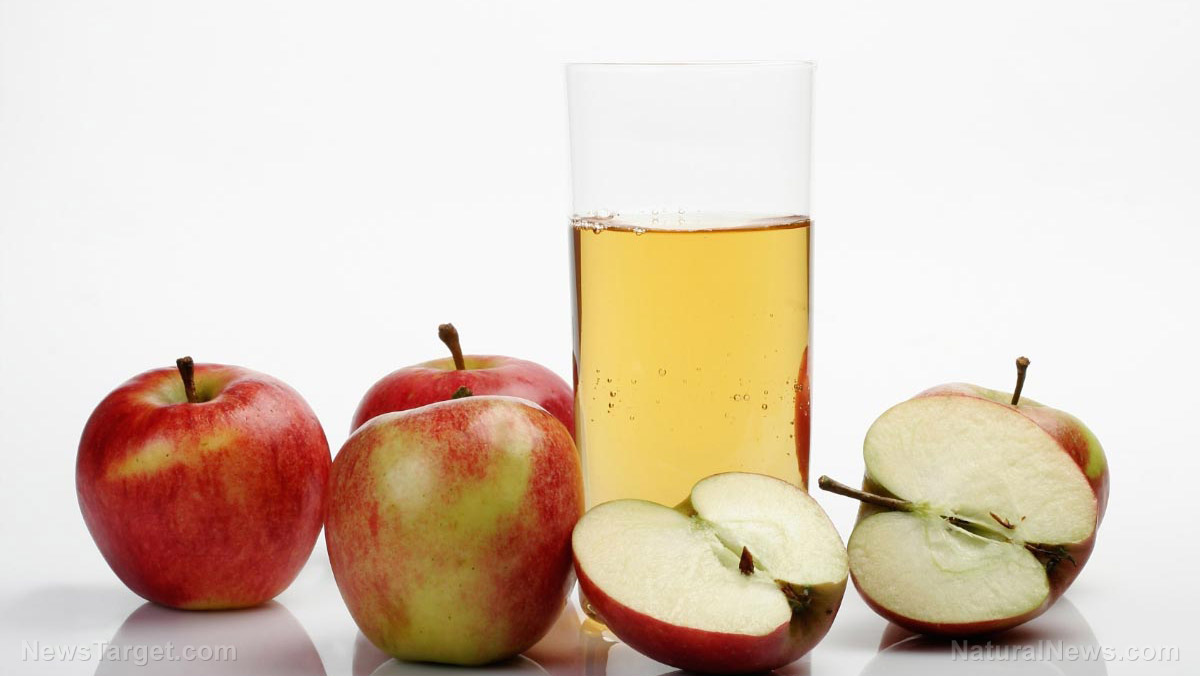Prostate cancer breakthrough: Combination of three plant-based nutrients found to MELT AWAY prostate cancer cells
06/30/2017 / By Mike Adams

A fascinating new study published in Precision Oncology has found that a combination of three plant-based nutrients “melts away” prostate cancer cells. The study, led by University of Texas researcher Stefano Tiziani, is entitled Combinatorial treatment with natural compounds in prostate cancer inhibits prostate tumor growth and leads to key modulations of cancer cell metabolism.
As described in the University of Texas newsletter, this breakthrough discovery allows people to “starve prostate cancer with what you eat for dinner.”
What are these three natural substances? They are:
- Ursolic acid from apple peels
- Curcumin from turmeric
- Resveratrol from red grapes
“New research from The University of Texas at Austin identifies several natural compounds found in food, including turmeric, apple peels and red grapes, as key ingredients that could thwart the growth of prostate cancer, the most common cancer afflicting U.S. men and a key area of focus during Men’s Health Month, which public health advocates celebrate in June,” reports the University of Texas in Austin. “Published online this week in Precision Oncology, the new paper uses a novel analytical approach to screen numerous plant-based chemicals instead of testing a single agent as many studies do, discovering specific combinations that shrink prostate cancer tumors.”
Also explained in the UT article:
The new research paper also demonstrates how the plant-based chemicals work together. Combining ursolic acid with either curcumin or resveratrol prevents cancer cells from gobbling something that they need to grow, glutamine. This is a neat solution: blocking the uptake of a nutrient needed by prostate cancer cells with nutrients that are commonly in the human diet.
Watch my video to learn more about this discovery and why the cancer industry doesn’t want you to learn about this breakthrough. Also, check out our new website on natural food cures at FoodScience.news.
Submit a correction >>
Tagged Under:
curcumin, medical breakthrough, natural cures, plant nutrients, prevention, Prostate cancer, resveratrol, turmeric, ursolic acid
This article may contain statements that reflect the opinion of the author




















